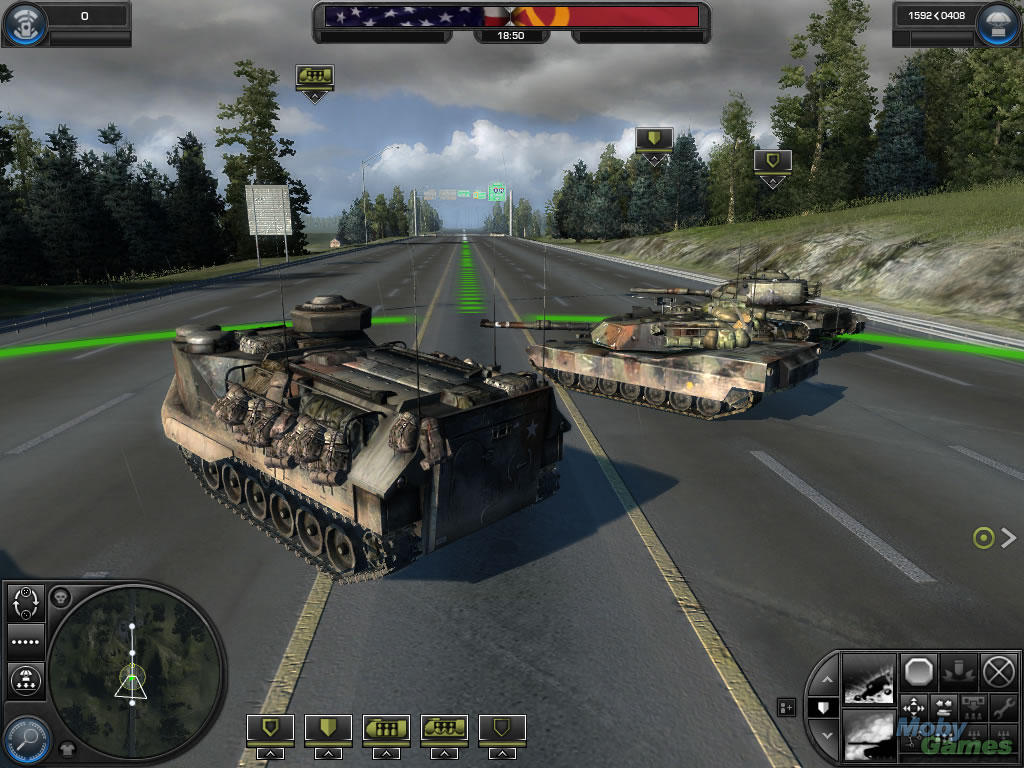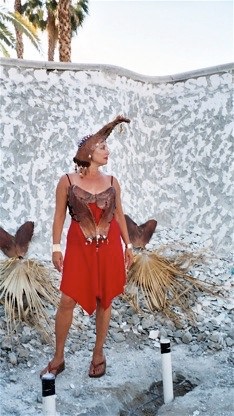

Economic instability led to political instability in many parts of the world. The economic troubles of the 1930s were worldwide in scope and effect.

In his first inaugural address, FDR asserted his "firm belief that the only thing we have to fear is fear itself-nameless, unreasoning, unjustified terror." As FDR provided leadership, most Americans placed great confidence in him. In part, this was the result of FDR himself. Although the economic depression continued throughout the New Deal era, the darkest hours of despair seemed to have passed. The New Deal, as the first two terms of Franklin Delano Roosevelt's presidency were called, became a time of hope and optimism. For many Americans, these were hard times. At the depths of the depression, over one-quarter of the American workforce was out of work. The depression threatened people's jobs, savings, and even their homes and farms. The widespread prosperity of the 1920s ended abruptly with the stock market crash in October 1929 and the great economic depression that followed. Overview Wife of a Migratory Laborer, 1938įarm Security Administration/Office of War Information Black-and-White Negatives



 0 kommentar(er)
0 kommentar(er)
